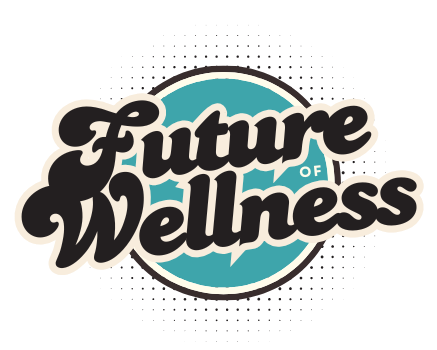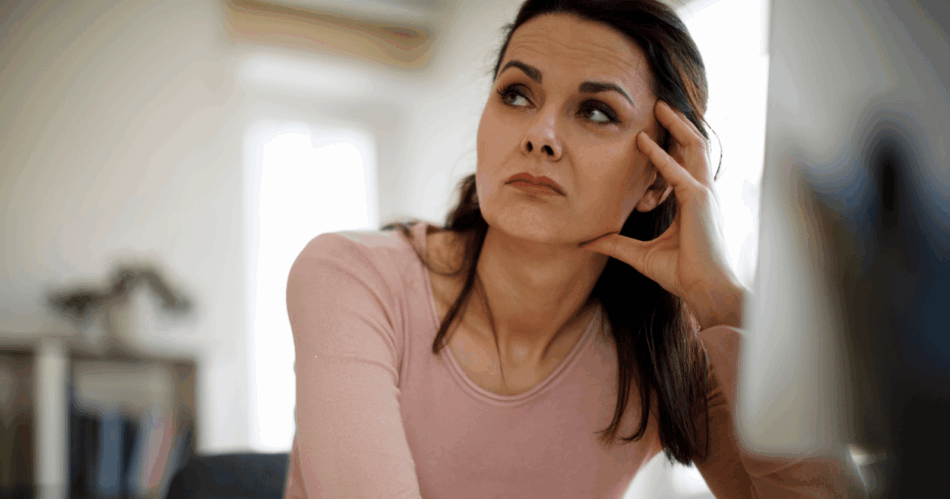Going vegan is often painted as this clean break: One day you’re eating cheese fries, the next you’re meal-prepping tofu bowls and preaching oat milk like gospel.
But the truth?
Even when the choice is driven by strong ethics or health motivations, it’s not always smooth sailing. Most of us have little internal wrestles, quiet hesitations, or low-grade annoyances we don’t always admit—sometimes even to ourselves.
So, let’s talk about the stuff that doesn’t make it onto the Instagram stories.
Here are seven things many vegans secretly struggle with but rarely say out loud.
1. Feeling like you’re always “on”
The moment someone finds out you’re vegan, you’re suddenly the spokesperson for every kale leaf on Earth.
It’s like your lunch order becomes a TED Talk.
You end up answering questions like you’re defending a thesis: Where do you get your protein? Aren’t plants sentient too? What about B12?
And while we do care—deeply—sometimes you just want to eat your black bean wrap in peace without having to explain why you didn’t add cheese.
Being constantly “on” can feel like emotional labor. You didn’t sign up to be an activist every time you eat in public, but here you are, rehearsing answers in your head just in case someone wants a debate over dinner.
2. Missing nostalgic foods (even when you don’t miss the animal part)
Here’s the thing: I don’t miss meat. But I do miss my grandmother’s chicken curry.
It’s not the animal product—it’s the memory baked into it. The Sunday smells. The way she used to hum when stirring the pot. The unspoken love in every overly spicy bite.
And while I’ve tried veganizing that recipe, it’s never quite the same. Something about tradition doesn’t always translate.
This doesn’t mean I want to go back. It just means food is emotional, and sometimes, the tug isn’t about the ingredient—it’s about the person or the place it reminds you of.
3. Navigating social situations without feeling like a buzzkill
You’ve probably done it—pretended to not be that hungry just so no one has to awkwardly choose a different restaurant.
Or maybe you’ve watched your friends split a cake and said, “I’m good,” while secretly craving dessert too.
The pressure to not make things inconvenient is real. You don’t want to seem difficult or demanding, so you quietly sidestep the issue.
But underneath it, there’s this subtle feeling of exclusion. Like you’re participating in everything but still slightly on the outside.
4. Feeling guilty for not being the “perfect” vegan
There’s this unspoken standard—especially online—that to be vegan is to be zero-waste, cruelty-free, ethically sourced, palm-oil-free, organic, and probably a minimalist who grows their own kale on a balcony.
Spoiler: That person doesn’t exist.
But when you accidentally buy something with honey, or you cave and eat fries that might have been cross-contaminated in a shared fryer, the guilt kicks in fast.
As noted by psychologist Melanie Joy, “We live in a non-vegan world. That means imperfection is inevitable.”
And yet, many of us beat ourselves up over tiny slip-ups, as if we’ve failed an exam.
The irony? The guilt can be more toxic than the ingredient itself.
5. Watching people you love continue to eat animals
This one hits deep.
Because once you connect the dots—once you see what’s behind animal agriculture—it’s hard to unsee.
And then you’re sitting across from your partner, sibling, or best friend as they order steak like it’s nothing.
You smile. You make conversation. You keep the peace. But inside, there’s a pang of grief you don’t know where to put.
You love them. You respect them. But part of you wishes they saw what you see.
It’s an emotional tension that doesn’t go away. You just learn to carry it better over time.
6. Dealing with body image or health confusion
There’s a strange expectation that going vegan will automatically make you glow like a wellness influencer and shed 10 pounds by osmosis.
Spoiler #2: That’s not how it works.
Sure, plant-based diets can be incredibly healthy. But if you’re not paying attention—or you’re living off frozen veggie burgers and oat milk lattes—you might not feel your best.
I’ve been there: bloated, tired, confused.
Add to that the online noise—raw food vs. high protein vs. soy fearmongering—and you end up second-guessing your food choices daily.
Sometimes it’s not even physical. It’s mental whiplash.
This is backed by experts like Dr. Michael Greger, who notes that “people can thrive on a vegan diet—but like any diet, it needs to be planned well to meet nutritional needs.”
Translation: Just because it’s plant-based doesn’t mean it’s foolproof.
7. Wanting to talk about it… but also not wanting to be that person
You feel this fire inside. You’ve learned things you wish you hadn’t ignored for so long. You want to speak up—because you care.
But the moment you bring it up, people roll their eyes, crack bacon jokes, or say you’re being judgmental.
So, you stay quiet.
And that silence? It builds. Until you start wondering if your voice even matters. If you’re just preaching to the choir. If it’s worth it to keep caring so loudly.
But here’s what I remind myself: compassion doesn’t have to be loud to be powerful.
Sometimes, just living your values quietly and consistently is the most impactful thing you can do.
The bottom line
Most of us didn’t go vegan because it was easy.
We did it because it aligned with something we believe in—whether that’s reducing harm, protecting the planet, or caring for our own health.
But that doesn’t mean we don’t have our own behind-the-scenes struggles.
If you’ve felt any of the above, you’re not alone. You’re human.
And maybe, just maybe, talking about it is exactly what more of us need to do.









